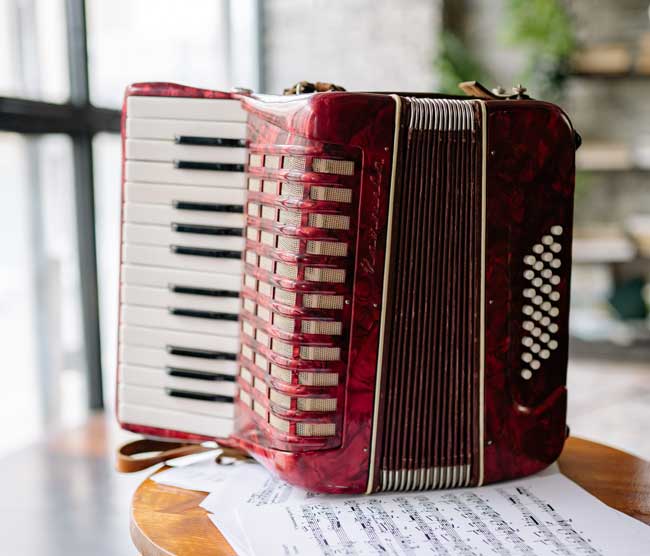This week, I met a recent Prescott transplant who repairs clocks for a living. He seemed younger than I expected someone with that job to be, so I asked him how he happened to choose clock repair as a career. Turns out he’s a third-generation, a skill passed down from grandfather to father to son.
I told him about an old wall clock that was part of my family’s history that could use a little help. I confessed to trying some basic repairs that ended with me duct-taping the pendulum in place, reducing the clock to a mere wall decoration. Maybe with his skills, it could tick again, as it had in my great-grandfather’s pharmacy in Chicago well over a century ago.
We talked about how rare it is to see a clock repair shop these days and he mentioned someone he knew who worked in typewriter repair. It made me think about all the jobs that might have been someone’s lucrative career fifty years ago, but now have disappeared because technology has moved on (like the typewriter) or because the products we used to spend money to repair are now considered disposable, like vacuum cleaners and televisions.
I’m old enough to remember when buying a color TV was both an investment and an important furniture centerpiece in the living room, wrapped in solid wood cabinetry with fancy scrollwork and orange fabric hiding the speakers. It was so heavy, you never moved it from the place it landed in the living room, you just vacuumed around it. Sometimes a tube would go out and your dad would take the mysterious pegboard-like back off and fiddle with the tubes or drive to Radio Shack to get a tube tested and replaced. If that didn’t work, he called the repair shop and hoped someone could come out in a few days to fix it. If you were lucky, a quick smack in the right place might get it working enough while you waited, even if the picture squashed a little on one side or horizontal lines scrolled across the screen. As a kid, nobody I knew ever upgraded their TV each year for a bigger, fancier model. It was just part of the house, like the couch or the dining table. You used it until it couldn’t be used anymore.
I did a quick search on the Internet to see what kinds of jobs, like television repair, used to be common but now were specialized, rare or completely gone. There were obvious ones, like switchboard operators and lamplighters. Or the pin setters who would reset the bowling pins after each person’s frame. Milk men, film projectionists, soda jerks, telegraphists and elevator operators also made the list.
In my early twenties, I lived in Red Wing, MN, a river town on the Mississippi, known for pottery and steel-toed work boots. It also offered the only remaining accordion repair course in the nation at its technical college. One fall, the school decided to shutter the program, as only three people had signed up for it. The end of accordion repair classes made national news when humorist Dave Barry wrote a piece about its demise. That was thirty years ago, which makes me wonder what has happened to all the accordions still out there as the few remaining repair folks retire or pass away? Will the “Beer Barrel Polka” fade into oblivion in the next few decades?
I’m sure many of the jobs people do now will seem odd to future generations when they hear about them. But I especially like to think about going back in time to share with our ancestors how some folks make a living by serving fancy coffee out of tiny windows to people driving by in cars who ordered it on a cellphone in advance and paid for it with virtual money on their way to work each morning. Or explaining social media companies like Facebook and Twitter, or what an Instagram influencer is, or how you created a YouTube channel filled with videos dedicated to DIY accordion repair and live off the ad revenue. I hope the clock repair business is around for generations to come. That one still makes sense to me.

